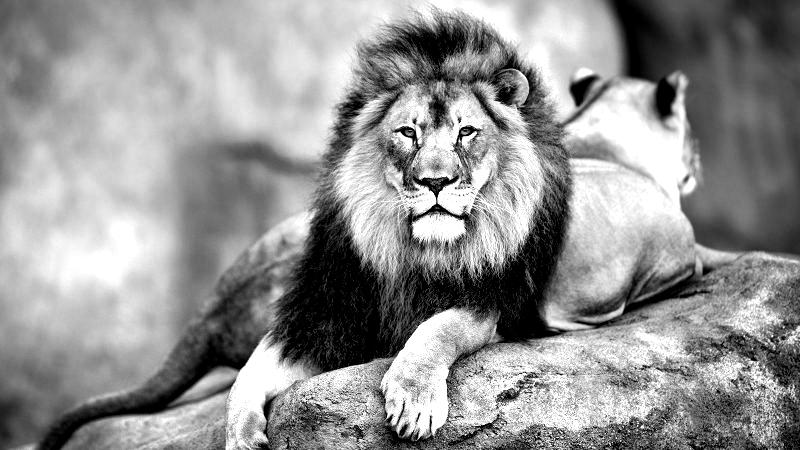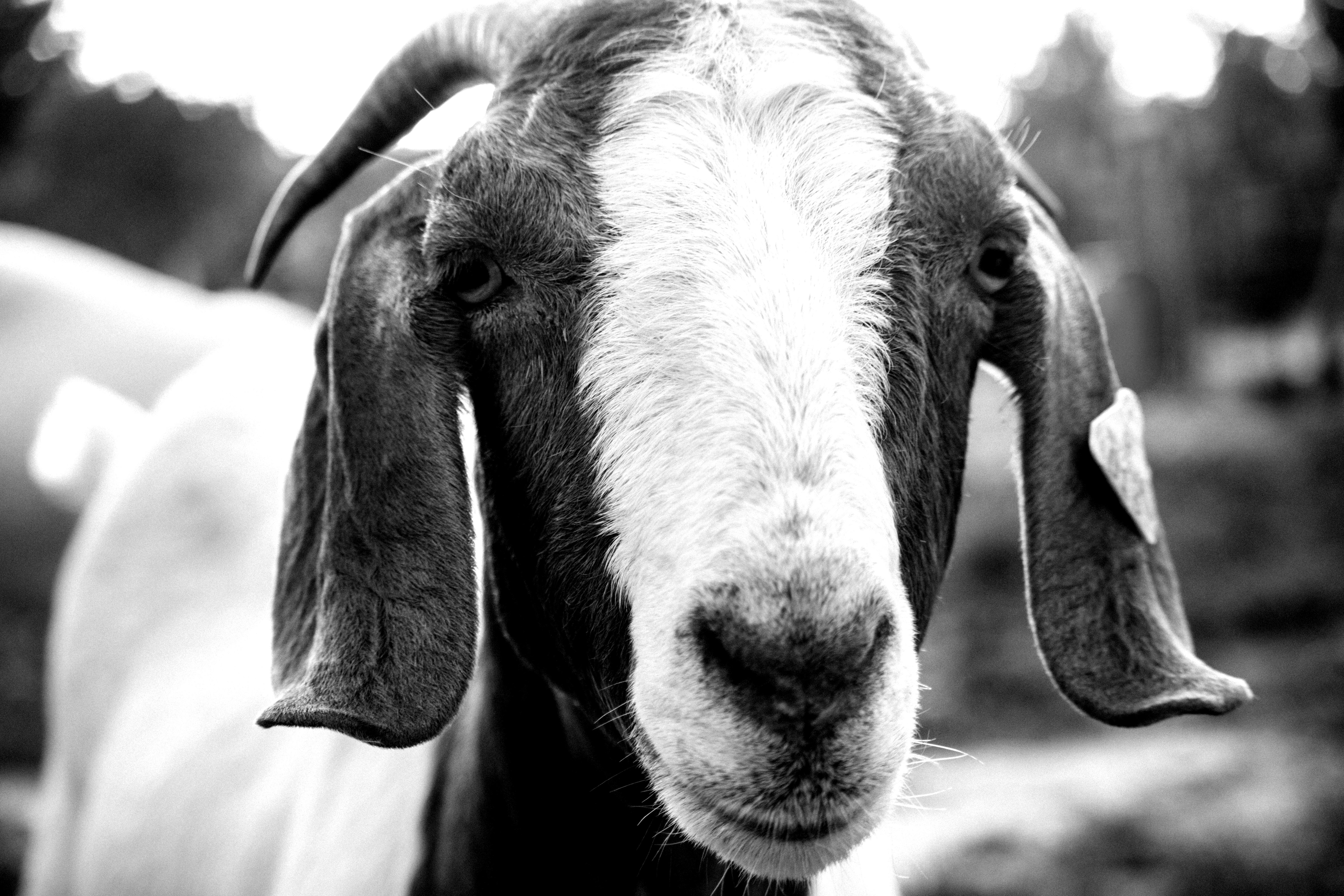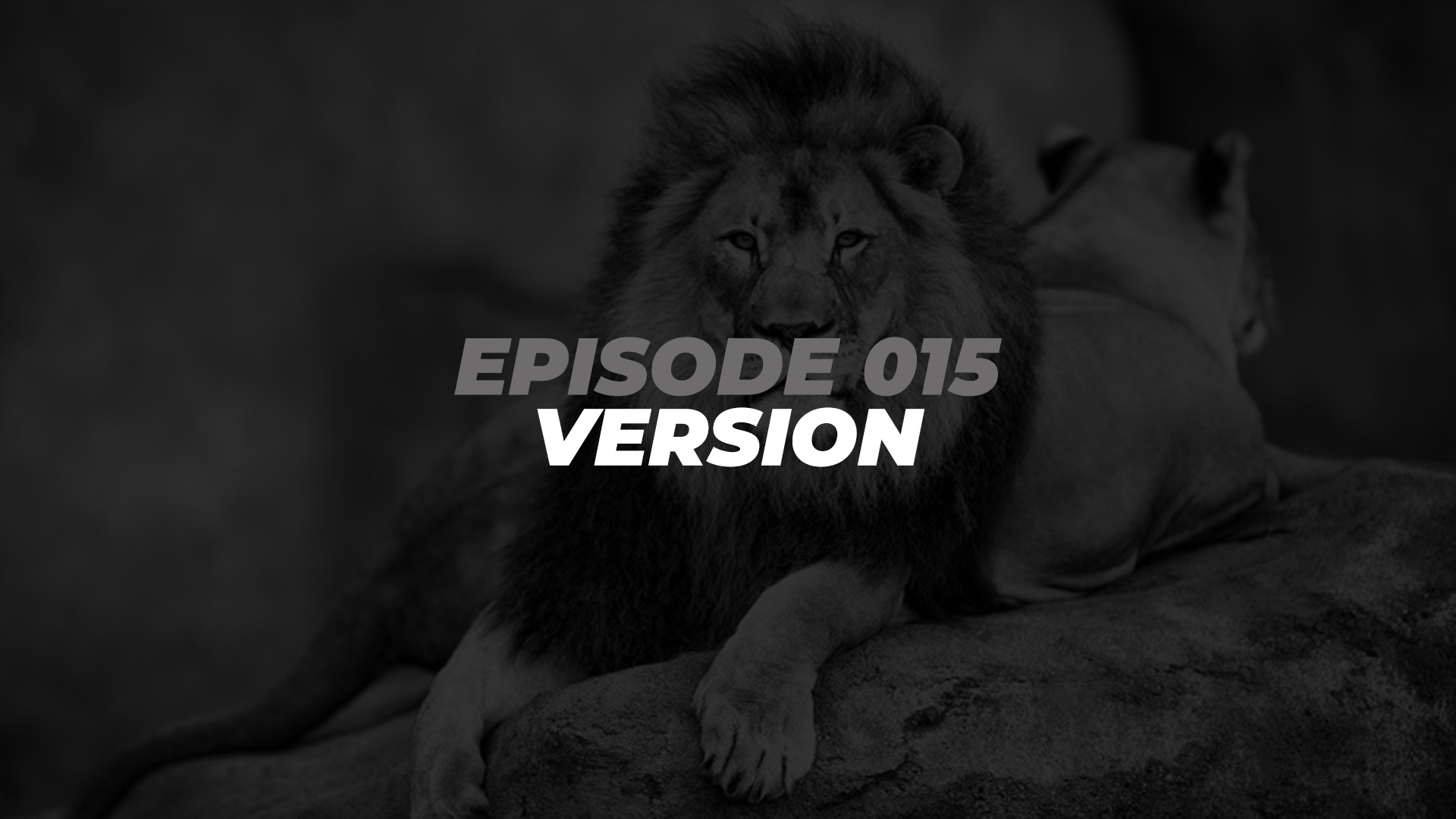”We are living in a time in our culture where so many of your peers — and perhaps even you — are being bullied, abused or harassed by a person or group of people. A brave attitude is one of the best remedies for abuse and harassment.
In a small village there lived a boy called Leo. He was a small, slim kid, and he lived forever in fear because some boys from a neighboring village would harass poor Leo and try to have fun at his expense.
One day, a young wizard was passing by the village and saw Leo being made fun of. When the other boys left, the wizard went over to Leo and gave him a beautiful lion’s tail, along with a small tie that allowed Leo to hang the lion’s tail from his belt.
“It’s a magic tail. When the person wearing it acts bravely, he or she will turn into a ferocious lion.”
Having seen the young wizard’s powers some days earlier during his act, Leo didn’t doubt his words, and from that time on he wore the lion’s tail hanging from his belt, hoping that the horrible kids would turn up so he could teach them a good lesson.
But when the boys came along, Leo was scared and he tried to run away. However, they soon caught him up and surrounded him. The usual jokes and pushing started, then Leo felt the lion’s tail hanging from his belt. Then, summoning up all his courage, Leo tensed his body, made two fists, and looked up, fixedly into the eyes of each of the boys, and with all the calmness and ferocity in the World, he promised that if they didn’t leave him alone at that instant one of them – even if it were only one – would regret it forever… today, tomorrow, and any other day.
He kept looking them in the eye, with his hardest expression, ready to do what he had promised.

Leo felt goose bumps all over. This must be the sign that he was turning into a lion, because the looks on the boys’ faces were definitely changing. They all took a step back, looked at each other, and finally ran off. Leo wanted to take off after them and give them a good beating with his new body, but when he tried to move, he felt his legs were short and just normal, so he had to abandon the idea.
Not far off, the wizard observed, smiling. He ran over to Leo. Leo was very happy, though a bit disappointed that his new lion body had lasted only a short time, and he hadn’t managed to fight them.
“You wouldn’t have been able to anyway,” the wizard told him,“no one fights with lions, because simply from seeing them, and knowing how brave and ferocious they are, everyone runs away. Have you ever seen a lion fighting?”
It was true. Leo couldn’t remember ever having seen a lion fighting. Leo became filled with thought, looking at the lion’s tail. And he understood everything.
There had been no magic, no transformation, no nothing. What really happened? A good friend had shown him that bullies and other cowardly animals never dare to confront a truly brave boy.

When tourists travel halfway around the world to go on safari, what do they want to see? Which animal is at the top of their list? Usually, it’s the lion. When they show pictures of their trip to friends back home, the first question they hear is, “Did you see any lions?”
Why is that? Lions are regal. They fear nothing. They’re powerful, yet poised. They don’t back down from a fight. Lions don’t put up with nonsense from anyone or anything. They stand their ground. They have strength, wisdom, prowess, maturity, and total confidence. Yet they also show leadership, tenderness, and compassion toward other members of their pride, especially young lion cubs.

Now, let’s talk about a goat. Ever known someone that wanted to see goats on a safari?
I understand that after comparing the regal lion with the pedestrian goat is laughable, right? The two could not be more different. But in comparison, we can learn much about how to live a life of courageous influence.
Goats are prey. They’re not particularly talented at anything.
Goats can be light on their hooves and adeptly scamper up rocky mountain paths, they’re also restless and flighty. They get scared easily, then run away quickly. They’re fickle-minded, indecisive, and poor decision makers. They follow the herd. They never stand up for themselves, even if they’re in a large group.

Let’s compare these two animals in two different pressure situations. If you ever watch a lion being cornered or tranquilized as sometimes necessary on African game reserves for their own safety. Although cornered, the lion never shows fear.
Even when being shot with a tranquilizer, and probably thinking it’s going to die, the lion keeps its head held high. It never lowers its head in defeat. Unlike a frightened dog, the lion doesn’t bark, yip-yap, or squeal. It always projects confidence and strength, no matter how bleak things may look.
In contrast, the goat gives in without even putting up a fight. If you ever watch a goat about to be led to being slaughter, the goat senses what is coming, puts its head down, and accepts its fate without protest or struggle. It doesn’t even try to fight.
Compare the two. The lion holds its head high with defiance and pride. The goat bows its head in surrender. They’re clearly very different animals with completely different DNAs.

As a next generation leader worth following, you would be well-served to think of yourself as a powerful lion, never a skittish goat. The lion’s tail is reflected in how you carry yourself and how you act at school, on a field or court of competition, during practices and performances, with adults and with your peers. It influences how others perceive you. It helps you to overcome challenges and adversity and to keep your head held high. No matter what goes wrong, you will always remain strong, poised, and in control.
The lion’s tail is one of the keys to gaining influence with anyone and everyone you encounter.
You’ll meet all kinds of negative people in your lifetime; from backstabbers to complete jerks. You’ll experience obstructionists who want nothing more than to build walls in front of you and block your path. But if you live with the lion’s tail, they will eventually realize who is the lion and who is the goat. People will treat you accordingly. The world steps around you as it experiences you.
A lion is powerful, but only flexes its ample muscles when absolutely necessary. Overusing your strength when not required can be damaging to your reputation, and to others. And Jesus never flexed unless it was absolutely necessary, never for self-preservation and always for the good of others.
For example, a next generation leader worth following who is a lion would never berate a peer in front of other friends, or even raise their voice unless there were no other options. Even then, a true lion would find another way to stay regal and dignified, while still getting the point across.
Lions are not condescending to waitstaff in restaurants. They don’t treat their parents with disrespect. They’re polite and respectful to teachers and coaches. They never raise their voice or get aggressive, no matter how poorly someone is treating them. Lions almost always use a light touch, while making it clear they won’t tolerate nonsense from anyone.
Goats, on the other hand, can be noisy, they bleat (which sounds like the cry of a human baby), they scamper in haste, and they always back down. Lions do not.
Many people have compared student culture — and our culture in general — to a jungle. It can be scary at times. But the rewards are worth it.
If you’re not up for it, remember: not everyone has to be a lion.
The world needs goats, too.

”The strongest evidence of faith is the refusal to live an intimidated life.
Read Acts 4:13 NIV…
When they saw the courage of Peter and John and realized that they were unschooled, ordinary men, they were astonished and they took note that these men had been with Jesus
What was it about Peter and John that made others recognize their courage? Who are some people in your student(s)’ life who display a similar type of courage and what stands out about their faith?


